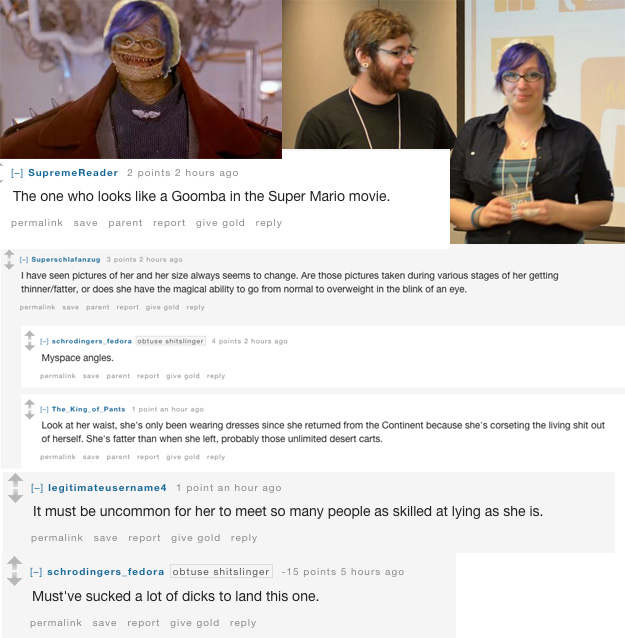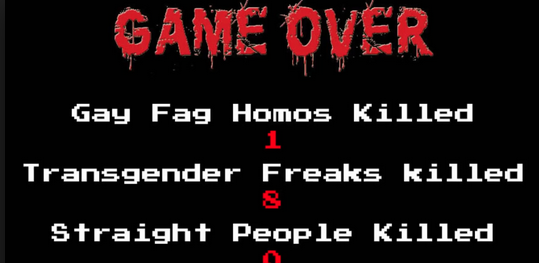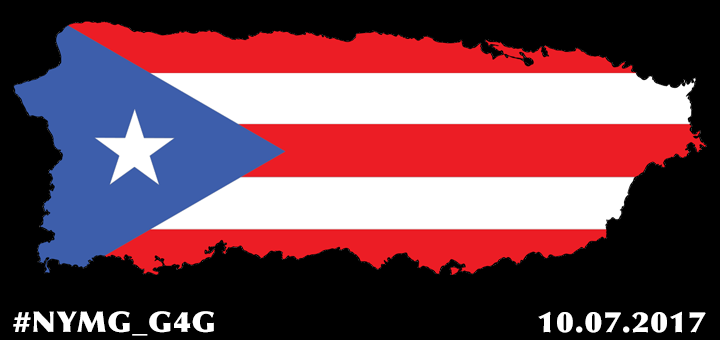The National Task Force to End Sexual and Domestic Violence, the National Council of Women’s Organizations, and the National Organization for Women, along with House Rep Katherine Clark (D-Mass) held a congressional briefing today on the ongoing issues of violence, harassment, and stalking in the online arena. Speakers included Michelle Garcia, director of the Stalking Resource Center, John Wilkinson, attorney advisor at AEquitas, Danielle Keats Citron, author of Hate Crimes in Cyberspace, and game developer Zoe Quinn, GamerGate’s original target.
Quinn, who has suffered a long campaign of harassment, including the spread of nude photos, revelations of personal history, allegations of professional and personal misconduct, and unending harassment, particularly numerous rape and death threats, spoke about the difficulty of dealing with abuse and the privilege of support when speaking out. “It’s difficult to speak out if you don’t have the support to speak out,” she said. Earlier this year, Quinn helped launch Crash Override, an anti-abuse task force, aimed at giving that kind of support to others who have suffered such harassment.
Subjects discussed included the practice of doxxing, revenge porn, physical threats, and violent language specifically targeting women. Polygon posted video of Quinn grabbed from the livestreaming app Periscope:
A tandem hashtag, #StopWebH8, flared on Twitter around the briefing, and immediately saw an influx of accusations against Quinn and others as the pro-/anti-GamerGate wars rage on. A cursory check of today’s Quinn-related posts on reddit’s Kotaku in Action, however, demonstrates some of the continued trolling against Quinn, despite the “literally who?” campaign against using her name. Once again, we see the developer reduced to comments on her appearance and sexual past, standard practice for those who continue to target her.





